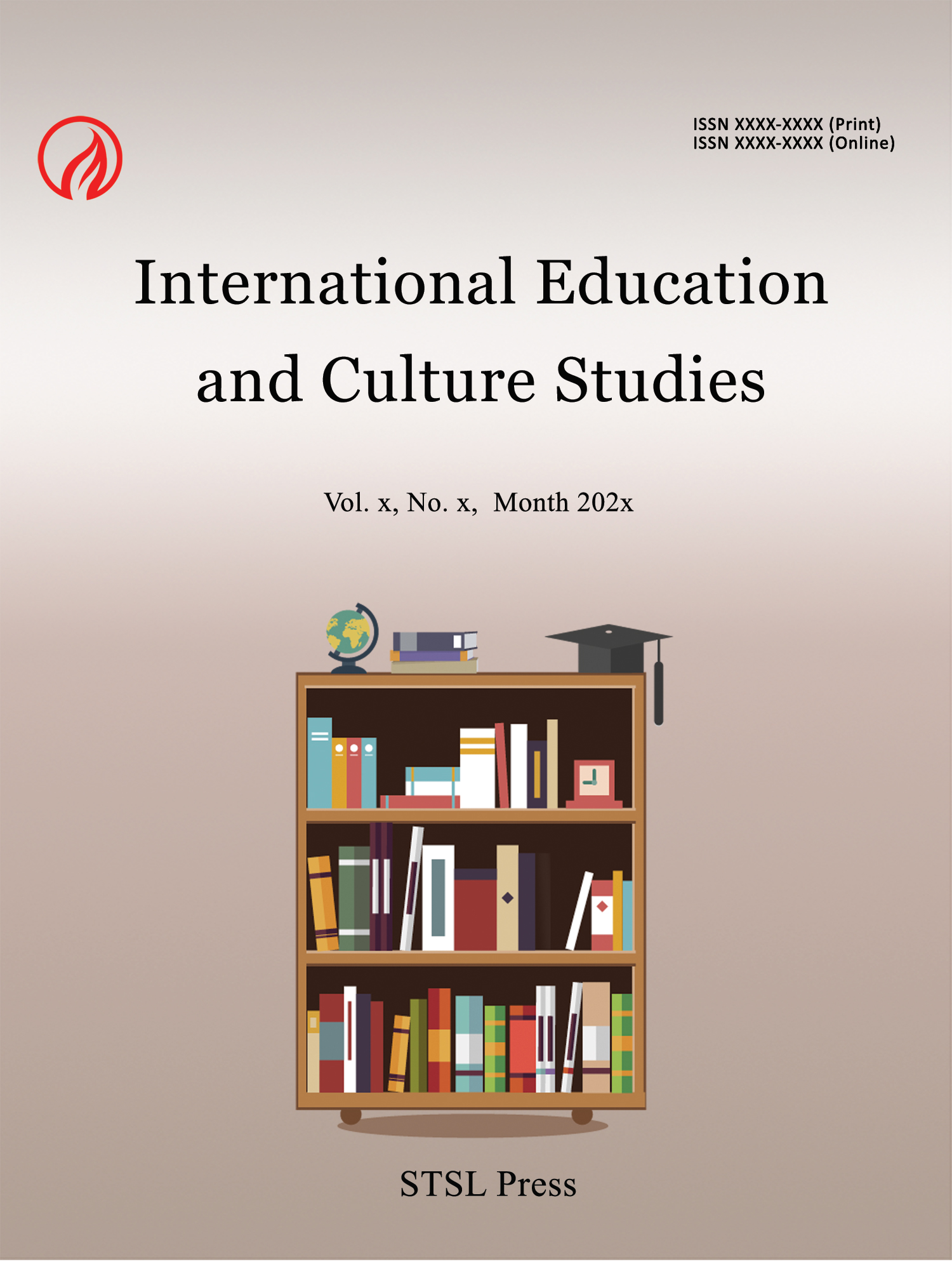Exploring the Impact of Technology-Facilitated Sexual Violence on the Well-being of Undergraduate Students in Nigerian Tertiary Institutions
Akeusola, Bolanle Nafisat (PhD)
Abstract
As the digital era reshapes human interactions, concerns regarding technology-facilitated sexual violence (TF-SV) have come to the fore. This study investigates the impact of TF-SV on the well-being and academic performance of undergraduate students in Nigerian tertiary institutions. Quantitative data were gathered from 360 participants from Lagos State University, Lagos State University of Education and Lagos State University of Science and Technology, using random sampling. Findings revealed a significant positive correlation between exposure to TF-SV and psychological distress indicators, including anxiety and depression. Moreover, negative correlations emerged between TF-SV exposure and self-esteem, suggesting a multifaceted impact on students’ psychological well-being. Academic performance indicators, including grade point average, showed a negative correlation with TF-SV exposure, indicating its potential to hinder educational success. The study advances knowledge by elucidating the nuanced repercussions of TF-SV within a Nigerian context and contributes to the broader discourse on technology-mediated vulnerabilities. Recommendations for educational institutions include awareness campaigns, digital literacy programs, support services, and policy reforms to create a safer digital environment for students. By addressing the complex challenges posed by TF-SV, institutions can safeguard students’ well-being and academic pursuits in the digital age.
Paper:
pdf
DOI:
https://doi.org/10.71002/iecs.v3n4p1
 This work is licensed under a
Creative Commons Attribution 4.0 License.
This work is licensed under a
Creative Commons Attribution 4.0 License.
Contact us
- Jerry Lee
- iecs@stslpress.org
